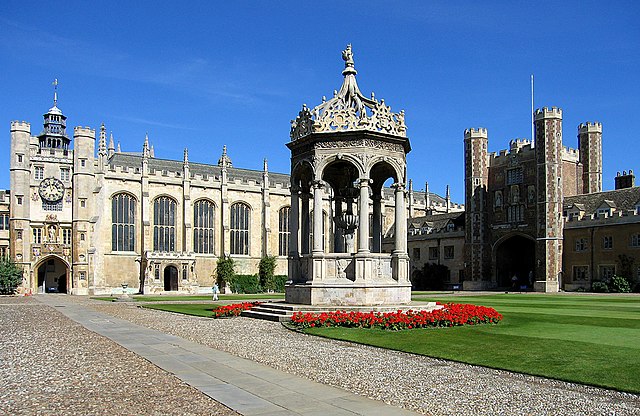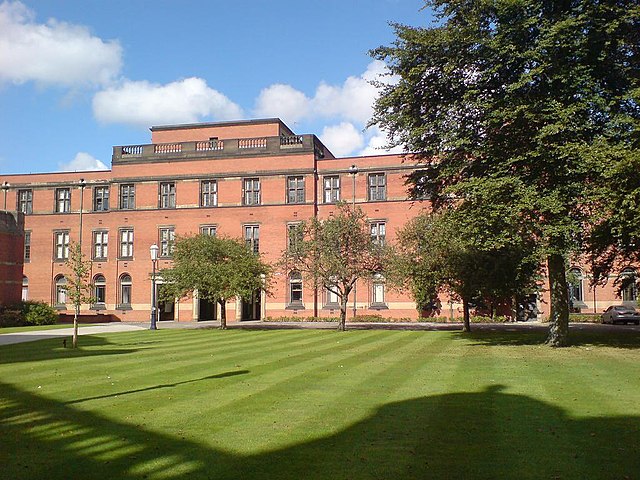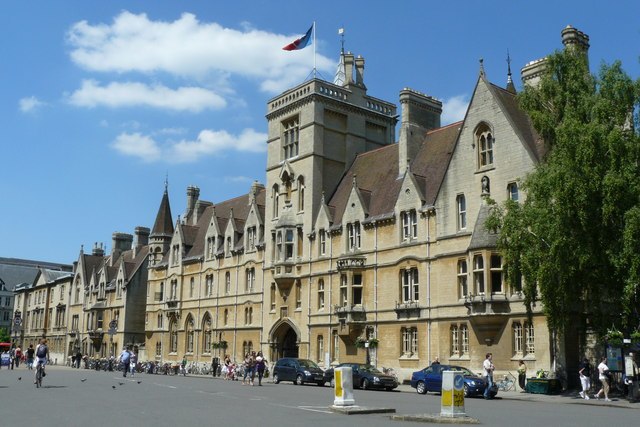Universities in the United Kingdom
Universities in the United Kingdom have generally been instituted by royal charter, papal bull, Act of Parliament, or an instrument of government under the Further and Higher Education Act 1992 or the Higher Education and Research Act 2017. Degree awarding powers and the 'university' title are protected by law, although the precise arrangements for gaining these vary between the constituent countries of the United Kingdom.
Trinity College, Cambridge
University of Birmingham, the first of the red-brick generation
University of Sussex, the first of the plate-glass generation
Almost all universities by law require staff and student representation in the governing body. Lack of transparency means many rules, like under the King's College London Act 1997, have not yet been put into practice.
The University of Oxford is a collegiate research university in Oxford, England. There is evidence of teaching as early as 1096, making it the oldest university in the English-speaking world and the world's second-oldest university in continuous operation. It grew rapidly from 1167, when Henry II banned English students from attending the University of Paris. After disputes between students and Oxford townsfolk in 1209, some academics fled north-east to Cambridge where they established what became the University of Cambridge. The two English ancient universities share many common features and are jointly referred to as Oxbridge.
Aerial view of Merton College's Mob Quad, the oldest quadrangle of the university, constructed between 1288 and 1378
Balliol College, one of the university's oldest constituent colleges
An engraving of Christ Church, Oxford, 1742
Lady Margaret Hall, founded in 1878








